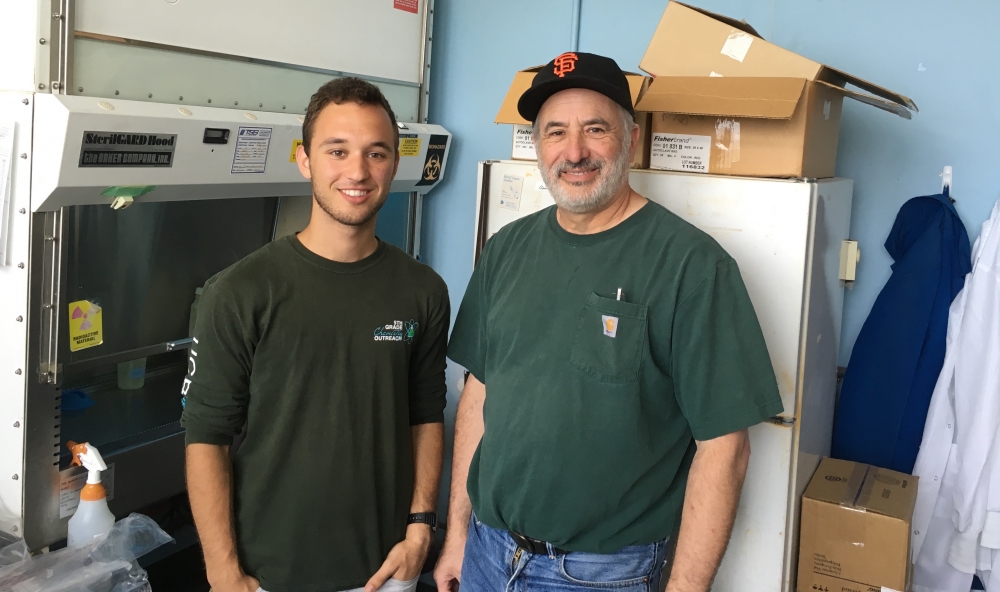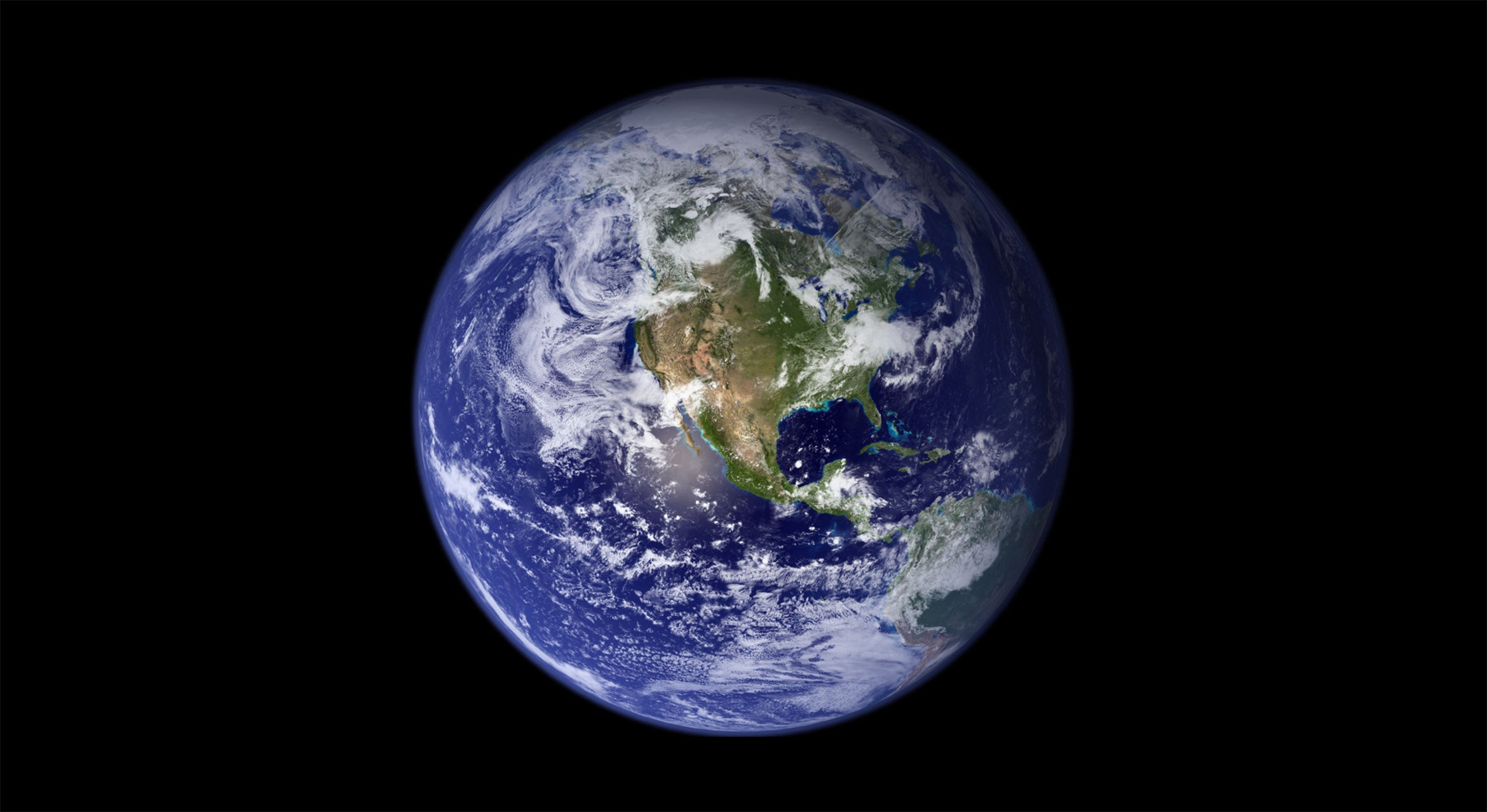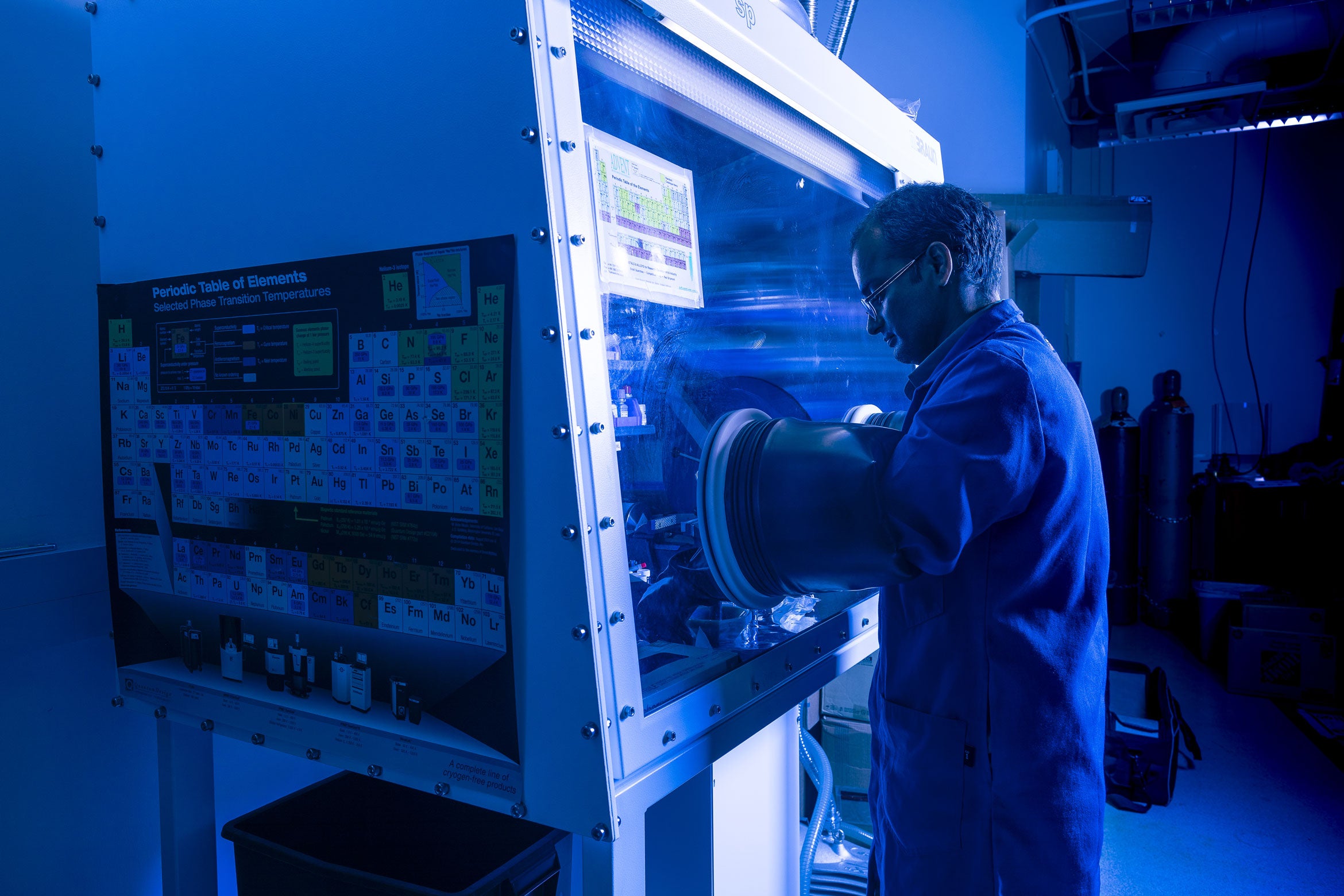
Golden Opportunity
Three UC Santa Barbara undergraduate students — Kevin Dervishi, Christina Garcia and Qicheng Zhang — have been named 2016 Barry Goldwater Scholars.
Established by Congress in 1986 to honor Senator Barry Goldwater, the scholarships are designed to foster and encourage outstanding students to pursue careers in the sciences, engineering and mathematics (STEM).
Dervishi, Garcia and Zhang, all students in UCSB’s College of Creative Studies (CCS), are among 252 sophomores and juniors nationwide to receive scholarships, selected from a field of 1,150. Of the total number of awardees, eight hail from the University of California, with UCSB the only campus to have multiple winners.
“I am delighted that, once again, CCS students have brought distinction to UCSB and to CCS through the receipt of three Goldwater Fellowships in the 2016 season,” said Bruce Tiffney, CCS dean and a professor in UCSB’s Department of Earth Science. “I congratulate Christina, Kevin and Qicheng on their accomplishments, and look to their further success as they complete their time at UCSB and as they move into graduate study and beyond. I also want to thank their faculty mentors for their dedication to undergraduate research on our campus.”
Said Carl Gutierrez-Jones, associate vice chancellor in UCSB’s Office of Undergraduate Education, “This is a huge honor for UCSB. We have always known that our students are exceptional, and these awards show that they are truly competitive at a national level. We are so proud of these deserving undergraduates.”
The scholarship is an important first step toward academic and professional success, providing crucial support to ambitious young scholars. “I was incredibly concerned about how I was going to pay for my senior year of undergraduate studies,” said Dervishi, who is majoring in biology. “I currently work two jobs on campus, but tuition is only getting higher. Thanks to this scholarship, I’ll be able to pool enough resources to spend the rest of college focusing on furthering my research, and getting into the best Ph.D. program I can.”
Criteria for Goldwater scholarships include a nominated student’s area of study, career objectives and, perhaps most important, the extent to which the student has the commitment and potential to make a significant contribution to his or her field. Recipients are awarded funds to cover the cost of tuition, fees, books and room and board up to a maximum of $7,500 per year for a one- or two-year period.
Students nominated for Goldwater Scholarships must submit a statement of interest in a research career in one of the STEM fields; it is expected that students selected will pursue advanced degrees. At UCSB, a faculty selection committee reviewed each application before choosing four finalists to submit to the national competition.
Xiaojian Zhao, UCSB’s associate dean of undergraduate education, organized the selection committee. She attributes the university’s success to both the strength of its candidates and to educators who prize undergraduate research. “We were very impressed by what these students were able to accomplish,” Zhao said. “All three have had opportunities to work closely with faculty members in research. As a whole, UCSB faculty is committed to undergraduate teaching and research, and this is certainly reflected in the performances of our students.”
Dervishi plans to complete a Ph.D. in biochemistry and molecular biology. At UCSB he is a member of professor Stuart Feinstein’s lab at the Neuroscience Research Institute, and plans to conduct research in gerontology to better understand neurodegenerative diseases and cell senescence. “Ever since high school, I’ve been incredibly fascinated by aging and senescence,” he explained. “My ultimate goal is to make aging discoveries that provide insight into and even improve human longevity.”
Physics major Garcia aspires to a Ph.D. in condensed matter physics, and to lead a team researching magnetic materials. She has done research work with Ram Seshadri, a professor of materials and of chemistry and biochemistry.
Zhang, also majoring in physics, plans to pursue graduate studies in astrophysics or planetary science, and to conduct research in planetary astrophysics. He is a member of professor Philip Lubin’s research lab, where he has been actively involved in the DE-STAR project, a collaboration between researchers at several universities that proposes a system for deflecting asteroids, comets and other objects from possible impact with Earth.



